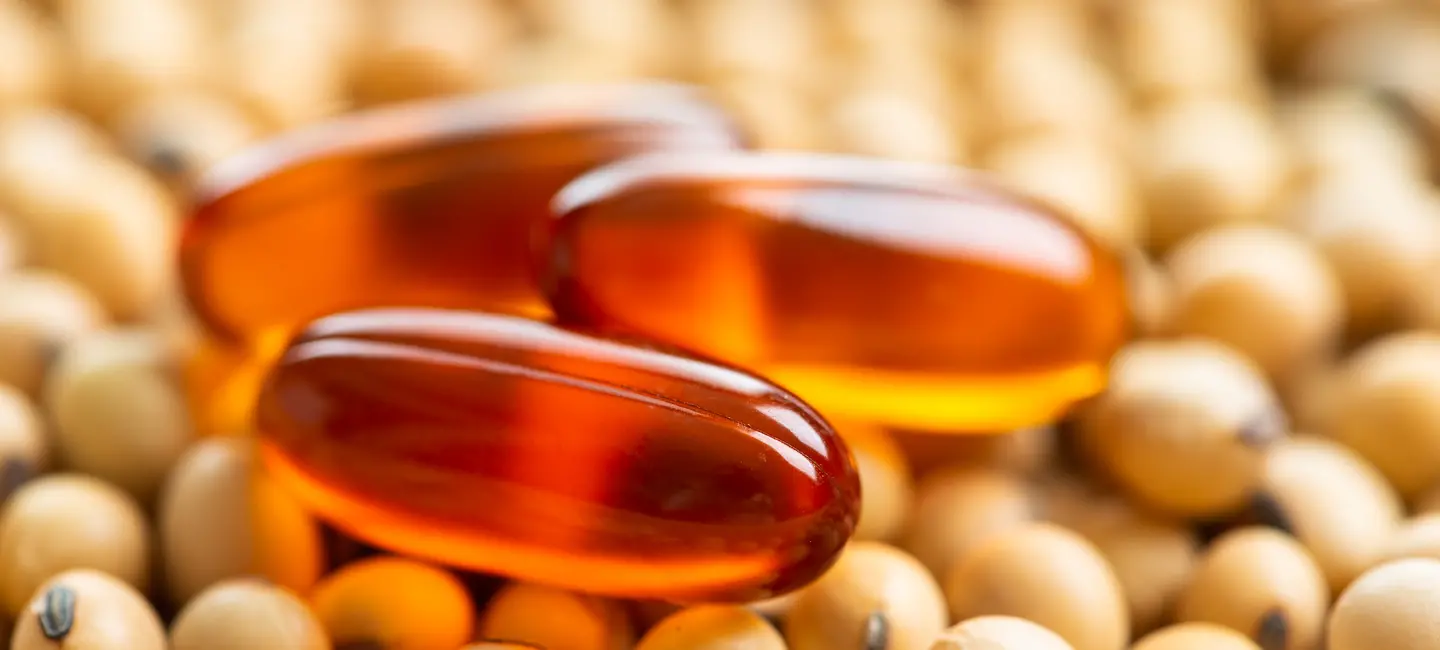
Lecithin is a mixture of fats that are essential to cells in the human body. It can be found in many foods, including soybeans and egg yolks.
In the diet, lecithin is the main source of choline, a nutrient similar to the B vitamins. Lecithin is converted into acetylcholine, a substance that transmits nerve impulses.
People use lecithin for Alzheimer disease and dementia, Parkinson disease, and many other conditions, but there is no good scientific evidence to support these uses.
Is It Effective?
NatMed Pro rates effectiveness based on scientific evidence according to the following scale: Effective, Likely Effective, Possibly Effective, Possibly Ineffective, Likely Ineffective, Ineffective, and Insufficient Evidence to Rate.
- Alzheimer disease. Taking lecithin by mouth doesn't seem to improve mental abilities or slow the progression of Alzheimer disease.
There is interest in using Lecithin for a number of other purposes, but there isn't enough reliable information to say whether it might be helpful.
Is it Safe?
When taken by mouth: Lecithin is commonly consumed in foods. It is likely safe when taken as a supplement in doses up to 30 grams daily for up to 6 weeks. It can cause some side effects including diarrhea, nausea, stomach pain, or fullness.
When applied to the skin: Lecithin is likely safe for most adults.
Special Precautions & Warnings:
Pregnancy and breast-feeding: Lecithin is commonly consumed in foods. There isn't enough reliable information to know if lecithin is safe to use in larger amounts as medicine when pregnant or breast-feeding. Stay on the safe side and stick to food amounts.
Egg or soy allergy: Lecithin might cause allergic reactions in people with egg or soy allergies.
It is not known if Lecithin interacts with any medicines. Before taking Lecithin, talk with your healthcare professional if you take any medications.
There are no known interactions with herbs and supplements.
There are no known interactions with foods.
Lecithin has most often been used by adults in doses of 20-30 grams by mouth daily. Speak with a healthcare provider to find out what dose might be best for a specific condition.
Egg Lecithin, Lécithine, Lécithine d'œuf, Lécithine de Graine de Soya, Lécithine de Soya, Lecitina, Ovolecithin, Ovolécithine, Phospholipide de Soja, Phospholipide de Soya, Phospholipides de Soya, Soy Lecithin, Soy Phospholipid, Soy Phospholipids, Soya Bean Lecithin, Soya Lecithin, Soybean Lecithin, Vegilecithin, Vitellin, Vitelline.
Information on this website is for informational use only and is not intended to replace professional medical advice, diagnosis, or treatment. While evidence-based, it is not guaranteed to be error-free and is not intended to meet any particular user’s needs or requirements or to cover all possible uses, safety concerns, interactions, outcomes, or adverse effects. Always check with your doctor or other medical professional before making healthcare decisions (including taking any medication) and do not delay or disregard seeking medical advice or treatment based on any information displayed on this website.
© TRC Healthcare 2024. All rights reserved. Use and/or distribution is permitted only pursuant to a valid license or other permission from TRC Healthcare.
